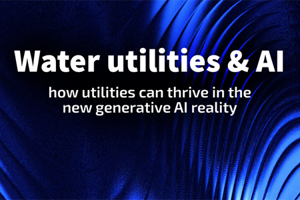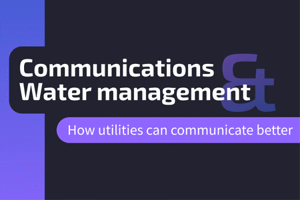
QATIUM
Dissatisfied with the lack of progress and modernization of water utilities, Qatium was founded in 2019 to provide water managers with digital tools to transform their operations and planning, and with that, meet the challenges of climate change.
Qatium is an easy-to-use water management platform for utilities of all sizes. We give operations and planning teams full visibility to run their networks effortlessly in an open, digital environment. In particular, Qatium supports rural or underserved communities – often most impacted by climate change – by offering core functionality for free.

























